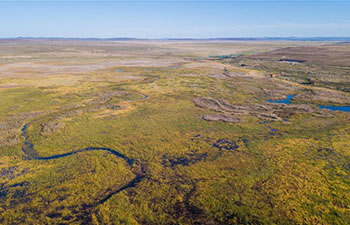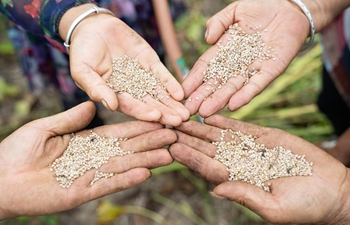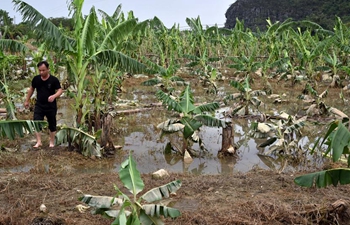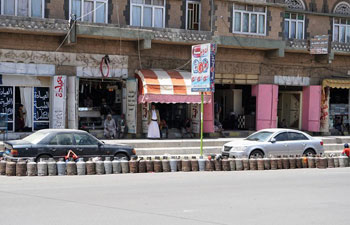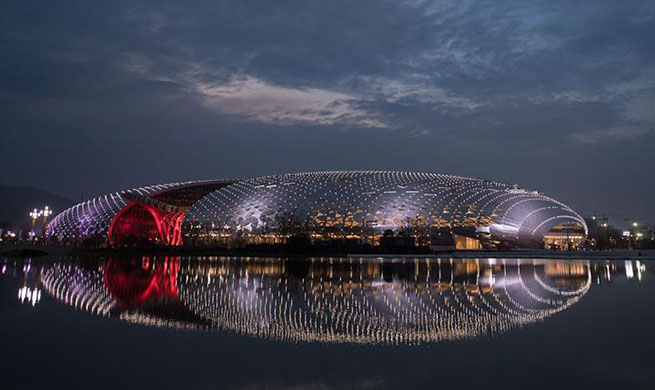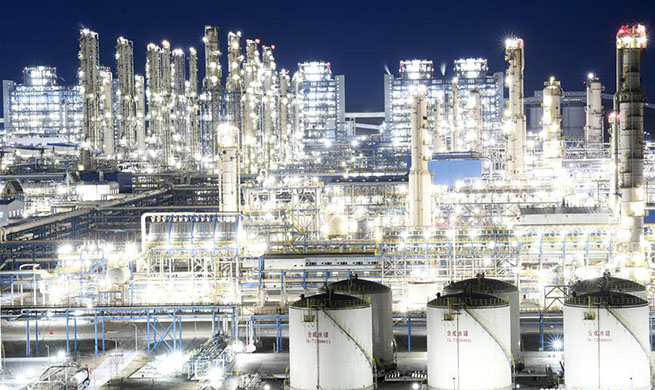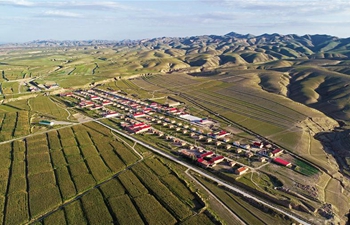BEIJING, Sept. 19 (Xinhua) -- China has stepped up efforts to increase effective investment to address the inadequacy in transportation and agricultural infrastructure.
Measures will be taken to ensure targeted and accurate investment in infrastructure, including simplifying investment project review process and quickening the issuance and usage of 1.35 trillion yuan (nearly 200 billion U.S. dollars) worth of special government bonds.
The public-private partnerships will be promoted to help financing, and barriers for the private sector to enter key investment projects will be lowered, according to a press conference of the National Development and Reform Commission (NDRC).
"As infrastructure investment growth slowed and investment in new projects plunged, it is necessary to ramp up the effort to fix weak areas in infrastructure and ensure stable and effective investment," said Liu Shihu, an investment official at NDRC.
In the first eight months of 2018, China's fixed-asset investment was up 5.3 percent from the same period of last year, slowing from 5.5 percent in the January-July period. Planned investment in new projects is down 18.3 percent and 28.1 percent for infrastructure.
Stable investment is significant to propping up economic growth, optimizing supply structure and improving long-term competitiveness, Liu said.
An array of new major transportation projects are speeding up, like the construction of the Baotou-Yinchuan railway and the expansion of the airport in Urumqi.
Rural areas are another investment highlight. The areas of both effective irrigation and high-quality farmland will pass approximately 67 million hectares respectively by 2022. In the meantime, China will foster the concerted development of industry and services in rural areas and improve environmental protection and recovery.
Despite the increased investment, Liu stressed China will work to fend off risks in local governments' debt with rigorous measures.
The central government earmarked 537.6 billion yuan to support major projects in areas including affordable housing, rural development, infrastructure and environmental protection this year.




